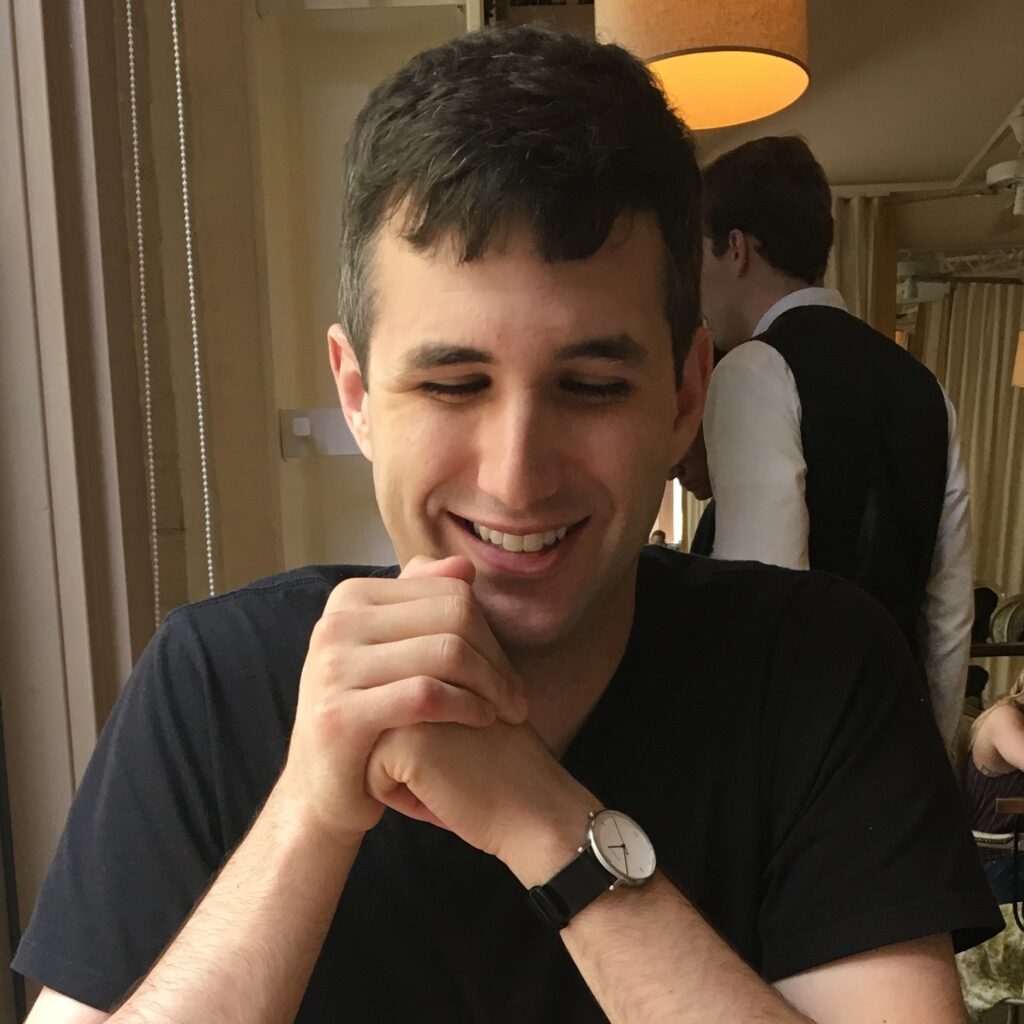By Jeffrey Hunt
The car accident was bad enough, but on top of that there was Winston.
The tantrums were loud and violent, and seemingly only Bryan could stop them. Bryan couldn’t play sports, or join school clubs, or go out to movies with friends–he always needed to be nearby. And then there was the crying. In some ways, being an older sibling was harder than the loss of their parents. The deaths were in the past, but Winston would always need Bryan’s help.
Or was it worse that after their parents died, Winston stopped talking? Because who knew what Winston liked to eat? What he liked to wear? What TV shows he liked best? Only his big brother. And then there was the name. Did Mom and Dad, when they were alive, know how kids treated a boy named Winston, and the burden that put on Bryan?
Winston didn’t write, and he couldn’t look anyone in the eye. Psychiatrists said the wreck “exacerbated already-present disorders.” Bryan still had a hard time getting into cars, but that didn’t stop him from thanking his aunt and uncle for rides. So why couldn’t Winston ever show appreciation? What about all the signing they’d taught him?
Or could he at least give the occasional nod?
Or bow?
Or anything?
This is what Bryan yearned for: proof that his sacrifices were noticed. But Bryan knew such a wish was as likely to come true as one to get a time machine, and then stop two cars from colliding on a Thursday in August.
Or in other words, it seemed an impossibility.
***
Fast forward three years: Winston is officially a teenager and Bryan is graduating. It’s been a typical week–four outbursts and counting–but Winston’s pulled himself together for his big brother’s ceremony. His hair is even halfway combed.
Their aunt and uncle drive them to the gymnasium. After Bryan tosses his cap, they take photographs. And everyone tells Bryan how truly proud they are. Except for Winston, of course, who just rocks with his hands behind his back.
Bryan shrugs it off–he’s expected as much from his little brother. Whatever. The photos end, and the gym empties. Their aunt and uncle lead the way out, and Bryan follows with Winston in tow. But before they make it to the doors, Winston is tugging at the back of Bryan’s robes. Bryan sighs.
We were so close, he thinks.
Bryan turns around. He begins to say his brother’s name but stops. Winston isn’t pitching a fit. Rather, in one of his outstretched hands is a book. It’s 1984, by George Orwell, and Bryan’s not sure why he has it. Or where he got it from. After reading the book in English class, Bryan lost his copy, or at least he couldn’t find it when he cleaned his room.
“Thanks?” Bryan says. He takes the book, then begins to turn back, but his robes are tugged again.
Winston doesn’t offer a clue as to what he wants, but suddenly Bryan makes a connection. “Oh yeah,” he says as he faces Winston once more, “the main character has your name.” Bryan remembers reading the novel out loud when Winston couldn’t sleep. The name’s a strange connection to make now, but as Bryan well knows, Winston’s done stranger.
Another rotation, and another tug. Bryan goes from being puzzled to something more, though Winston doesn’t spit or howl next. He doesn’t grab Bryan’s leg, but he also won’t let them leave the gym. In steady motions, Winston asks Bryan for the book back. Bryan doesn’t know what else to do, so he gives 1984 to his little brother, and Winston opens it up. Yes, this is his copy–Bryan sees his handwritten notes in the margins. So that’s where it went, and now Bryan’s irritated. How many times has he told tell Winston not to come into his room?
But Winston never listens.
Bryan huffs loudly. If Winston knows why his brother’s making noise, or what it means, in the now-empty gym, he doesn’t let on. Winston moons to the side, his mind far away as his fingers meander through 1984’s well-worn pages.
I want to go, Bryan thinks. I want to leave now. Bryan moves to push the book away, but Winston pushes back, forcefully. The book hits Bryan’s nose, and it hurts. And now Bryan is angry–more than angry, actually. Can’t he have just one day, after all that he’s done for his little brother? Why are they standing in an empty gymnasium, looking at an old book, after their aunt and uncle promised Bryan’s favorite restaurant? Why does Winston have to ruin everything? And why, oh God, aren’t their parents here to see him graduate? And though he knows better, Bryan pulls his arm back.
He raises it high, to slap that stupid book away.
And perhaps, he’ll graze Winston while he’s at it.
Bryan brings his hand down.
But right before connecting—
—he stops. The book’s final page is not how Bryan remembers it. There are a few notes, but they’re impossible to read, underneath a large oval made from hundreds of lines drawn in pen. They’re deep, indenting the paper as they go around and around, blocking out everything but the novel’s famous last sentence. The oval’s a sunken black eye, gaping up at Bryan, and Bryan can’t help but gape down at it. Bryan reads the circled sentence once, twice, three times, and then with all the force he can muster Bryan throws the book to the side and grabs Winston. Bryan wants to shout, or scream, but words are not enough, and they never will be.
“He loved Big Brother.”
And for the first time since the accident, Winston doesn’t jump or pull away as he’s engulfed in Bryan’s embrace.

Jeff Hunt is an English teacher and tennis coach. Recently, he published in The Centropic Oracle, The Norwegian American, and Mystery Weekly Magazine. He blogs at batchandnarrative.com with his wife, a dietitian, where they write about writing, cooking, and being transplants to North Carolina. His favorite novel is Catch-22.



